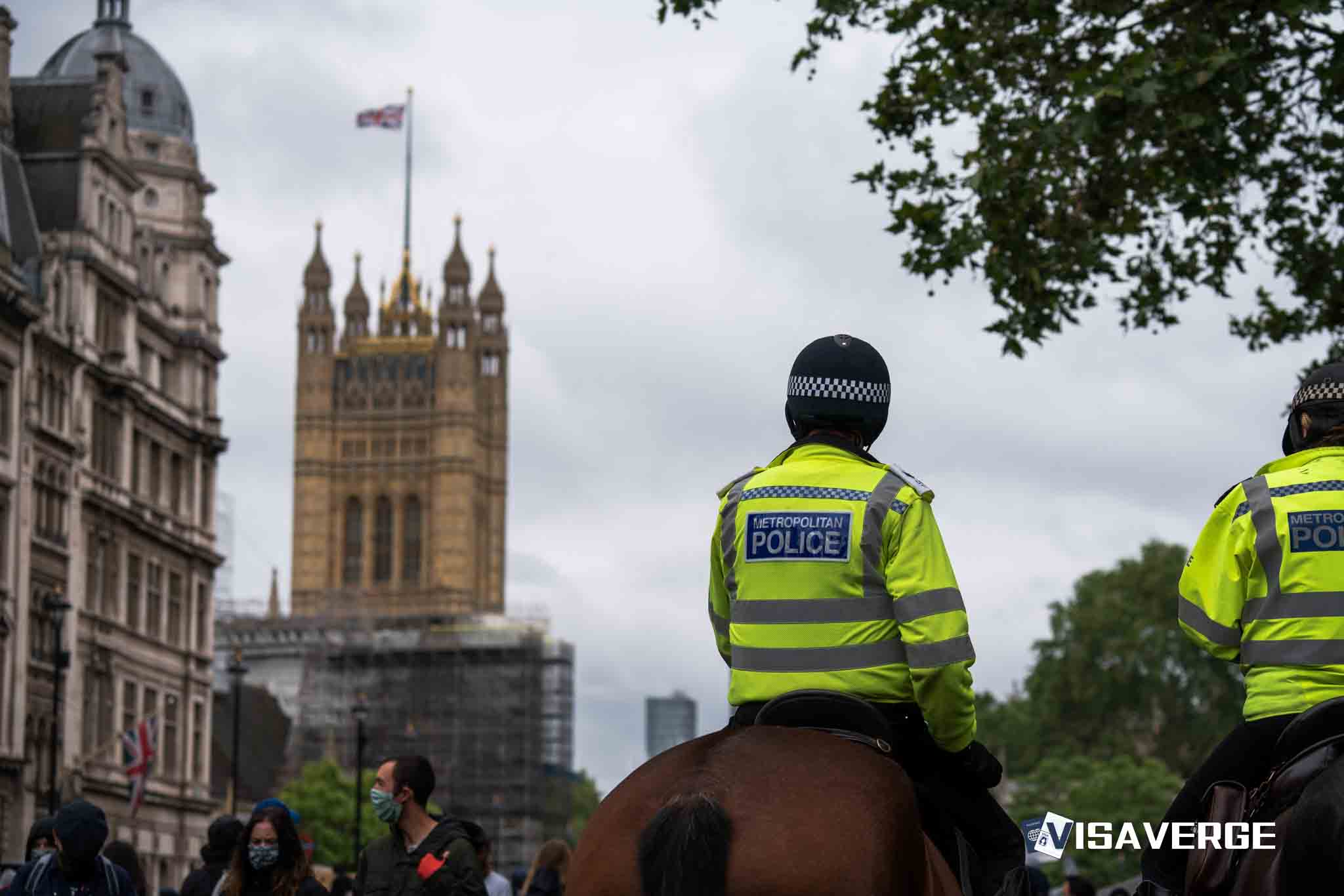British Indian Dentist Receives Penalty for Tax Evasion
In a recent development highlighting the consequences of tax fraud, a British Indian dentist from the West Midlands region has been handed a tax fraud conviction. The individual in question was found to have engaged in deliberate tax evasion, defrauding His Majesty’s Revenue and Customs (HMRC) by not paying the correct amount of tax over a span of several years. Despite being penalized, the dentist’s fine falls short of the total taxes evaded, raising concerns about the impact on taxpayers.

Investigation and HMRC Penalties for Tax Defaulters
HMRC’s investigations revealed that from April 6, 2012, to April 5, 2015, and subsequently from April 6, 2015, to April 5, 2018, the dentist consistently evaded tax payments. The total amount of tax evasion amounted to £53,528. As a result of these deliberate actions, HMRC took legal measures against the individual, resulting in the imposition of a fine of £22,654—a figure notably less than the evaded amount.
HMRC has publicly named the accused, a departure from their standard privacy policies, to emphasize their commitment to cracking down on tax fraud. This serves as a stern warning and is a part of HMRC’s penalties for tax defaulters, which aim to deter future fraud.
“Tax evasion is a serious crime that deprives public services of essential funding. Our enforcement actions send a clear message that we will not tolerate dishonesty with public funds,” stated an official spokesperson from HMRC.
For detailed information on HMRC’s role and its actions against tax evasion, please visit the official HMRC website.
Broader Implications
This incident underlines a more significant issue within the realm of financial crimes, indicative of a pattern where individuals exploit the complex legal system to their advantage, even while facing the consequences. The British Indian dentist tax evasion case is not an isolated occurrence; there have been prior instances involving tax fraud.
Previously, another person of Indian origin in the UK was implicated in financial deceit, leading to a severe punishment of 20 years in prison. This serves as a reminder of the gravity of financial fraud and the severe implications that such dishonest behavior carries.
Support for Legal Immigration
It is essential to differentiate between law-abiding individuals and those involved in illegal activities. The UK has a longstanding tradition of supporting legal immigration and providing opportunities for individuals from diverse backgrounds to contribute positively to British society.
For authoritative information concerning immigration to the UK, visit the official UK Visa and Immigration website.
Moving Forward
Cases such as the British Indian dentist tax evasion highlight the need for continued vigilance in the battle against tax fraud. While HMRC’s enforced penalties act as a deterrent, the broader societal costs of tax evasion cannot be overlooked. Public awareness and robust legal measures remain critical in ensuring fair tax practices are upheld for the benefit of the nation’s economy and its citizens.
So, there you have it, folks! Tax evasion carries real consequences as demonstrated by the recent case of the British Indian dentist. While HMRC is cracking down on fraud, let’s not forget the importance of fair tax practices. To delve deeper into immigration and legal matters, why not check out visaverge.com? They’ve got all you need to know!
This Article in a Nutshell:
A British Indian dentist from the West Midlands received a penalty for tax evasion. The dentist deliberately evaded tax payments for several years, defrauding HMRC. Although penalized, the fine was less than the evaded amount. This case highlights the need for continued vigilance in fighting tax fraud.








